Last week a 17-year-old girl forced the Edexcel exam board to change its A-level music syllabus to include the work of women composers. Jessy McCabe, a sixth former at Twyford Church of England High School in London, started a petition after studying gender inequality. Good for her, you might think. But is it good for A-level students?
A delicate question lies at the heart of the subject of female composers, and it’s not ‘Why are they so criminally underrepresented in the classical canon?’ It’s ‘How good is their music compared with that of male composers?’
Ms McCabe told the press that ‘I’d quite like to learn about the music of Clara Schumann.’ OK, let’s start there. As I write this, I’m listening to a recording that couples the piano concertos of Mr and Mrs Schumann. In track three, I marvel yet again at Robert’s genius. The leaping melody of the finale turns into a fugue and then a waltz, enticed by the piano into modulations that never lose their power to surprise and delight.
Then comes track four, the first movement of Clara’s concerto, and within ten seconds we know it’s a dud. The first phrase is a platitude: nothing good can come of it and nothing does. Throughout, the virtuoso passagework is straight out of the catalogue. In her defence, it’s an early piece; her mature Piano Trio is more accomplished, though its lyrical passages could have been cut and pasted from one of her husband’s works. Her G minor Piano Sonata, on the other hand, isn’t a success. I wouldn’t go so far as to call it ‘repugnant’ (Clara’s verdict on Tristan) or ‘horrible’ (her description of Bruckner’s Seventh), but it’s embarrassingly banal.
Fanny Mendelssohn, sister of Felix, has also been suggested for the new syllabus. She, too, wrote a G minor Piano Sonata and it’s bloody awful. Whether it’s worse than Clara’s sonata I can’t say, because that would mean listening to them again. But we can be pretty sure that neither of them would have been recorded if they had been composed by a man. (Note to A-level candidates: you make this point at your peril.)
Clara and Fanny were not, of course, typical female composers of their day. They traded on their surnames, and Clara was also a world-famous virtuoso pianist. What about women who lacked these advantages? Amy Beach (1867–1944) is regarded as the first significant woman composer from the United States, though she sounds more French than American. She’s significant mainly because she was a woman. Critics dutifully praise her but can’t resist the adjective ‘well-crafted’, meaning boring.
In contrast, Dame Ethel Smyth (1858–1944) wrote some very badly crafted music. But her opera The Wreckers and her Mass in D — which she once sang solo, orchestral parts included, to Queen Victoria — are titanic in scale and ambition. The Wreckers has been described as a fusion of Wagner and Gilbert and Sullivan. She’s an interesting composer but not a great one.
Although Beach and Smyth lived until the second world war, it’s hard to think of them as 20th-century women composers, of whom there were many. They wrote in an enormous range of styles, though none of them can be said to have invented a musical language. The 13 string quartets of Elizabeth Maconchy (1907–1994), for example, are distinctively knotty — but when they turn spiky you think of Bartok and her bleaker moments sound like Shostakovich. Again, the phrase ‘well-crafted’ comes to mind, as it does in the case of Thea Musgrave (born 1928), a master orchestrator who spins out the development of small-scale motifs to the point where listeners are looking at their watches.
But then that’s a bad habit of male composers, too. Indeed, there’s nothing distinctively female about the uneven output of women composers. Clara Schumann’s piano concerto is no worse than similar pieces churned out in their hundreds by her male contemporaries. If Maconchy’s fine string quartets don’t belong in the first rank, then neither do those of Ernst Krenek, Darius Milhaud or Robert Simpson. And if there are no great women composers, that’s because creative geniuses are rare and, in the past, so few women wrote music. There may be some in the future, though I’m not sure whether ‘greatness’ is achievable amid the messy eclecticism of 21st-century music.
Meanwhile, we’re stuck in a situation where the barriers to women becoming composers have been removed but they’re still honoured for being women. Judith Weir (born 1954) is a minor figure whose ‘stark’ scores sound as if crucial instrumental parts have gone missing. Her opera Miss Fortune received such a savaging at Covent Garden in 2012 that the Santa Fe Opera dropped its plans to stage it. Last year she was appointed Master of the Queen’s Music. You may not be surprised to learn that she’s all in favour of the new A-level syllabus.
Got something to add? Join the discussion and comment below.
Get 10 issues for just $10
Subscribe to The Spectator Australia today for the next 10 magazine issues, plus full online access, for just $10.
You might disagree with half of it, but you’ll enjoy reading all of it. Try your first month for free, then just $2 a week for the remainder of your first year.

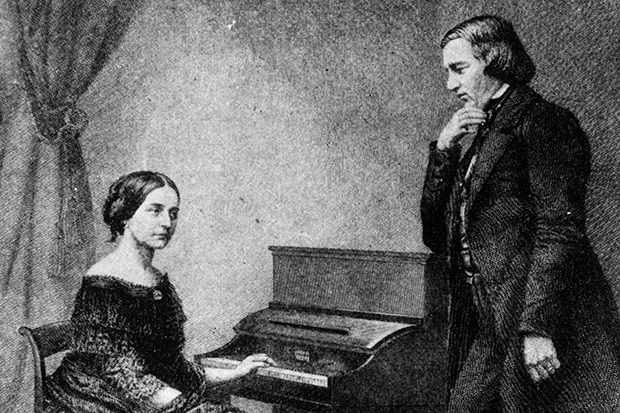
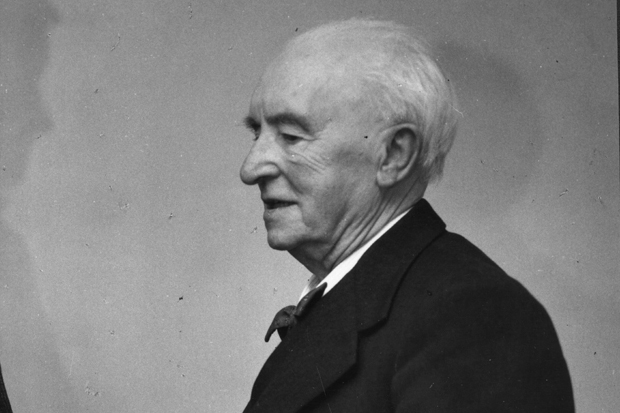
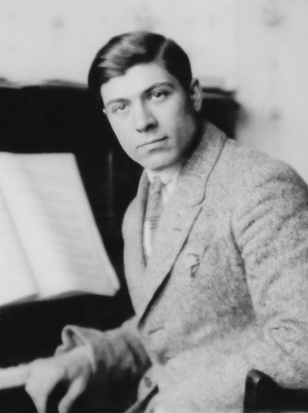

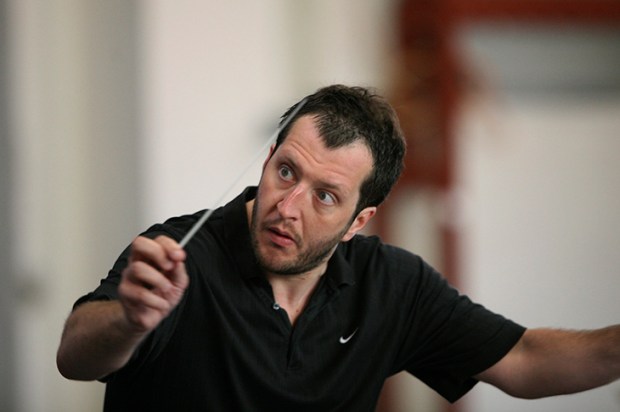
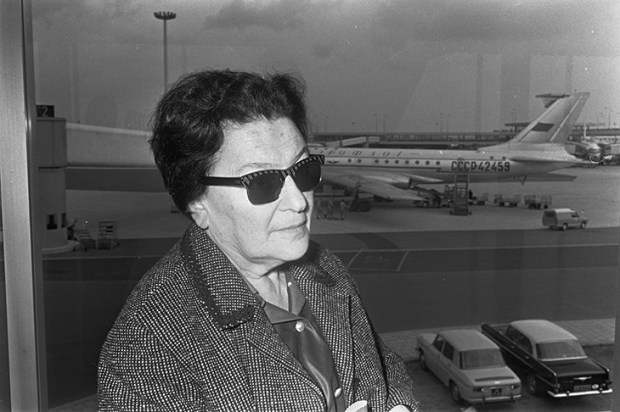
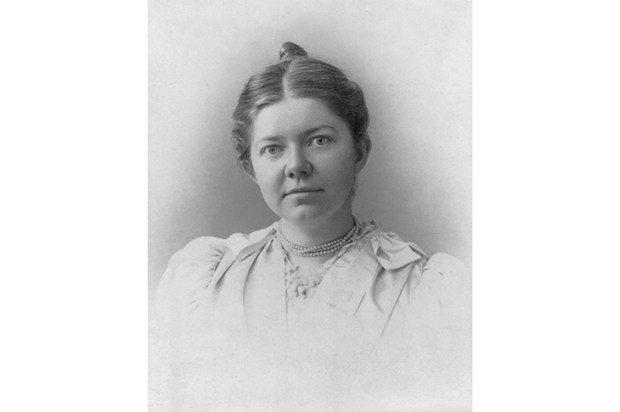






Comments
Don't miss out
Join the conversation with other Spectator Australia readers. Subscribe to leave a comment.
SUBSCRIBEAlready a subscriber? Log in